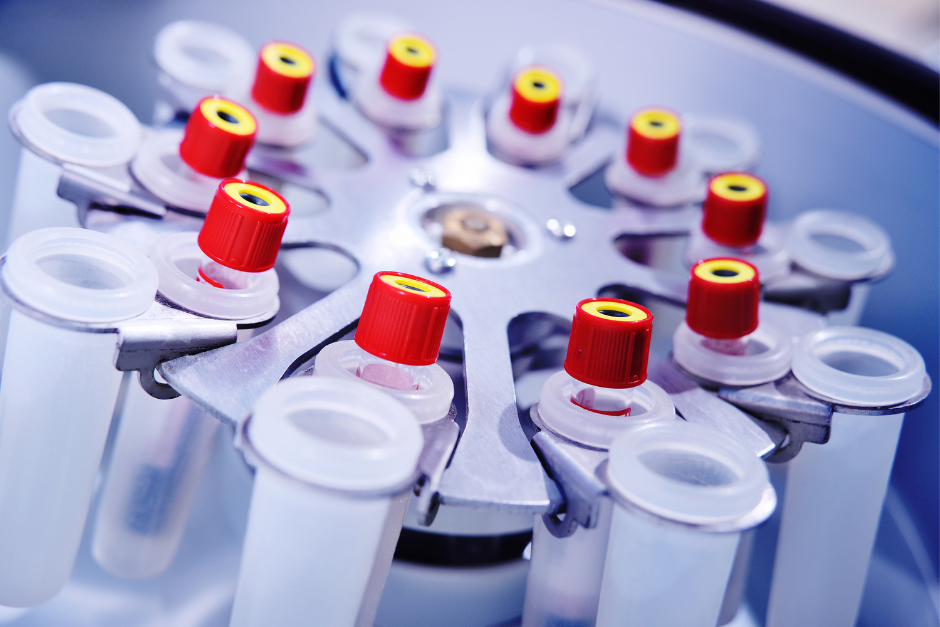The new article provides an in-depth overview of the reporting requirements associated with performance studies involving in vitro diagnostic medical devices.

Table of content
The Medical Device Coordination Group (MDCG), an EU advisory body in the sphere of medical devices, has published a guidance document dedicated to safety reporting in performance studies of in vitro diagnostic (IVD) medical devices under Regulation (EU) 2017/746 (IVDR).
The document provides an overview of the applicable regulatory requirements, as well as additional clarifications and recommendations to be taken into consideration by medical device manufacturers, study sponsors, and other parties involved to ensure compliance thereto.
It is also important to mention that provisions of the guidance and recommendations provided therein could be subject to changes, should such changes be reasonably necessary to reflect corresponding amendments to the underlying legislation.
Introduction to Summary Reporting Requirements
First of all, the document states that starting from 26 May 2022, a structured format outlined in the Appendix’s Summary Reporting Form must be adopted for all studies. This form outlines the scope of documentation for each reportable incident or any new findings related to previously reported events.
Such reports must be shared with all national competent authorities (NCAs) in countries where post-market surveillance (PS) is ongoing. As explained by the MDCG, this process is vitally important for maintaining transparency and safety in medical device usage.
Furthermore, all serious adverse events (SAEs) or device deficiencies (DDs) that could potentially lead to an SAE in a pre-market PS, initiated under directives legislation after 26 May 2022, must be reported. This is required by Article 76 of the In Vitro Diagnostic Regulation (IVDR), emphasizing the importance of timely and accurate reporting to ensure patient safety.

Transition to Eudamed Reporting
According to the guidance, the European Databank on Medical Devices (Eudamed) will become a central platform for safety reporting once it is fully functional. A six-month period after the official notice of Eudamed’s readiness will mark the mandatory switch to using Eudamed for reporting purposes.
Until then, the tabular form provided in the guidance should be used. Post-transition, all new and ongoing reportable events should be reported through Eudamed, although it remains unclear whether previous events can be retrospectively uploaded to Eudamed.
Until Eudamed becomes mandatory, sponsors have the choice to either continue using the tabular format or start adopting the Eudamed web form for reporting. This flexibility supports a gradual transition and allows entities to adjust to the new system without disrupting ongoing processes.
Upon the mandatory implementation of Eudamed, all new and follow-up reports related to SAEs must be submitted through the Eudamed web interface. This ensures consistency and centralization of data, facilitating better monitoring and evaluation of device safety across the European Union.
Collection of Reports from Investigators
The method of collecting single event reports from investigators is determined by the sponsor, who must ensure that the chosen format captures all necessary details for compliance with reporting obligations.
This customization allows adaptability to specific study requirements while maintaining alignment with regulatory expectations. Reportable events include any SAEs causally related to the medical device, comparator, or study procedure, as well as any DDs that could potentially lead to an SAE if not addressed.
Additionally, any new findings concerning these events must also be reported. This broad definition ensures comprehensive monitoring and response to any potential safety issues arising during PS.
According to the document, the causality assessment is essential to determine the relationship between the medical device and the event. Any event categorized above a causality level of “not related” requires reporting, emphasizing the importance of meticulous assessment to ensure accurate and responsible reporting.
Safety Reporting Provisions Specific to Types of PS
The MDCG additionally emphasizes that different types of PS, such as those involving invasive procedures or additional risks, have specific safety reporting provisions under the IVDR. These provisions ensure tailored surveillance strategies that reflect the varying levels of risk associated with different study types.
Special Provisions for PMPF Studies
Following the applicable regulatory requirements, post-market performance follow-up (PMPF) studies, particularly those falling under IVDR Article 70(1), have specific reporting protocols. Events with established causality related to the study must be reported under these protocols, differentiating them from other vigilance reporting requirements, which focus more broadly on serious incidents potentially related to the device.
Conclusion
In summary, the present article provides additional details regarding the reporting requirements in the context of performance studies for in vitro diagnostic devices, emphasizing the key points to be taken into consideration by the parties involved. In particular, the document pays special attention to the form to be used for reporting.
How Can RegDesk Help?
RegDesk is a holistic Regulatory Information Management System that provides medical device and pharma companies with regulatory intelligence for over 120 markets worldwide. It can help you prepare and publish global applications, manage standards, run change assessments, and obtain real-time alerts on regulatory changes through a centralized platform. Our clients also have access to our network of over 4000 compliance experts worldwide to obtain verification on critical questions. Global expansion has never been this simple.
Want to know more about our solutions? Speak to a RegDesk Expert today!
–>
- SEO Powered Content & PR Distribution. Get Amplified Today.
- PlatoData.Network Vertical Generative Ai. Empower Yourself. Access Here.
- PlatoAiStream. Web3 Intelligence. Knowledge Amplified. Access Here.
- PlatoESG. Carbon, CleanTech, Energy, Environment, Solar, Waste Management. Access Here.
- PlatoHealth. Biotech and Clinical Trials Intelligence. Access Here.
- Source: https://www.regdesk.co/mdcg-guidance-on-safety-reporting-in-ivd-performance-studies-reporting-basics/
